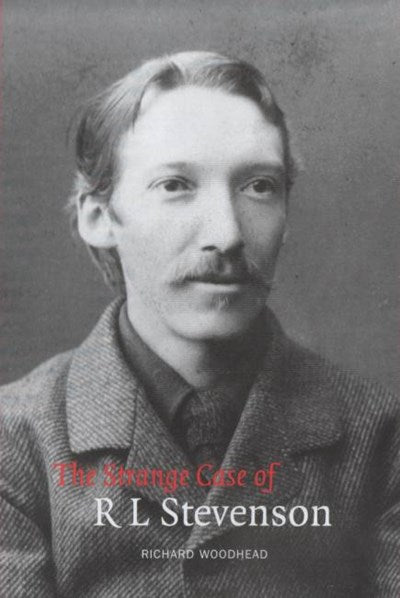The Strange Case of R L Stevenson
- Regular
- £16.99
- Sale
- £16.99
- Regular
- £16.99
- Unit Price
- per
About the Book:
A consultant physician for 22 years with a strong interest in Robert Louis Stevenson's life and work, Richard Woodhead was intrigued by the questions raised by the references to his symptoms. The assumption that he suffered from consumption - the diagnosis of the day - is challenged here. Consumption (tuberculosis), a scourge of nineteenth century society, it was regarded as severely debilitating if not a death sentence. Dr Woodhead examines how Stevenson's life was affected by his illness and his perception of it.
This fictional work puts words into the mouths of five doctors who treated RLS at different periods of his adult life. Though these doctors existed in real life, little is documented of their private conversations with RLS. However everything Dr Woodhead postulates could have occurred within the known framework of RLS's life.
The detailed use of Stevenson's own writing adds authenticity to the views espoused in the book. RLS's writing continues to compel readers today. The fact that he did much of his writing while confined to his sick-bed is fascinating. What illness could have contributed to his creativity?
Now understand my state: I am really an invalid, but of a mysterious order. I might be a malade imaginaire, but for one too tangible symptom, my tendency to bleed from the lungs... If you are very nervous, you must recollect a bad haemorrhage is always on the cards, with its concomitants of anxiety and horror for those who are beside me. Do you blench? ROBERT LOUIS STEVENSON, 1886
Dr. George W Balfour informs us that a telegram received from Mr. Louis Stevenson's mother has destroyed the lingerin hope which Dr. Balfour entertained that there might have been some mistake in the earlier telegrams. The great novelist is dead, but the real cause of his death cannot be known until the mail arrives next week, if then. BRITISH MEDICAL JOURNAL, 29 DECEMBER 1884

